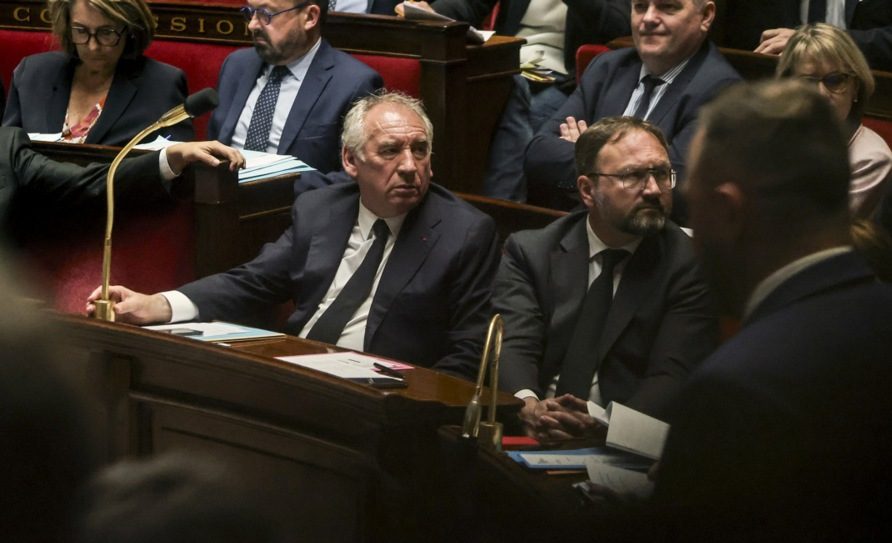Bayrou’s government is on the verge of collapse after failed pension talks, with the left pushing a no-confidence vote and the far right holding the key.
Talks aimed at revising the deeply unpopular 2023 pension reform broke down overnight, ending four months of tense discussions. For Bayrou, who launched the talks in February to stave off a no-confidence vote, the setback is significant.
“We must recognise the sharp disagreement and the bitter failure of these talks,” said Marylise Léon, head of the reformist French Democratic Confederation of Labour (CFDT), blaming employers for their inflexibility.
Initial ambitions had already been scaled back after the Movement of the Enterprises of France (Medef) and the General Confederation of Small and Medium Companies (CPME) rejected calls to lower the legal retirement age from 64 to 62. In response, unions such as the General Confederation of Labour (CGT) walked away from the table.
The talks then narrowed to targeted measures – including better pensions for women based on the number of children, and early retirement for workers in arduous jobs – which were also rejected by employer organisations.
According to France’s Court of Auditors, the pension deficit – even after the 2023 reform – is expected to hit €6.6 billion in 2025 and €30 billion by 2045.
A looming motion of no-confidence
While the collapse of negotiations dims any remaining hopes of softening the 2023 law, it also raises the rare possibility of the left and far right joining forces in the National Assembly to vote out Bayrou.
France Unbowed (LFI), the Greens, and the Communists have already called for Bayrou’s removal.
Though the launch of pension reform talks – dubbed a “conclave” by Bayrou – had temporarily tempered the Socialists, the leader of the Socialist group in the National Assembly, Boris Vallaud, announced his intention to table a no-confidence motion, citing Bayrou’s refusal to commit to presenting a bill that would allow for a parliamentary debate on the retirement age of 64. His move follows earlier warnings from party leader Olivier Faure.
Attention now turns to the Rassemblement National (RN), which has been politically weakened by Marine Le Pen’s five-year ban from public office in the EU Parliament assistants scandal. Party leader Jordan Bardella has so far avoided committing, saying: “The moment of truth for a no-confidence vote will come with the budget.”
Governing under a sword of Damocles
Bayrou, aware he is on borrowed time, remained defiant on Tuesday morning, vowing to “find a way forward” and summoning unions and employer groups again in hopes of salvaging a compromise.
But failure to strike a deal on pensions sends a damaging signal as the government prepares to present a sweeping €40 billion savings plan aimed at keeping the deficit at 4.6% of GDP in mid-July.
Whether Bayrou’s government remains in office when a no-confidence vote comes remains to be seen.
This article has been updated following the Socialist Party’s announcement that it will table a motion of no-confidence in Bayrou’s government.
(de)
